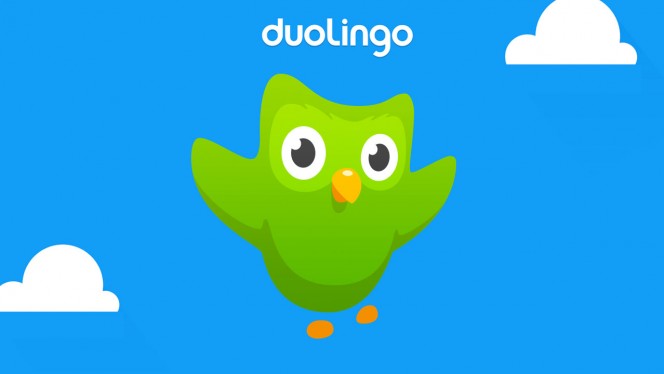App Review: Duolingo
January 15, 2016
The app known as Duolingo is meant to help people learn the basics and conversational speech of a language. Each language course has a ‘tree’ of skills, with each skill pertaining to a certain idea or area of knowledge such as family or places. The app also allows each user to leave a comment on a question if they are curious to why a certain answer is that way, why their own answer wasn’t accepted or if their answer would be another way to answer/translate correctly. This then allows other members who take the same course to answer other’s questions and help each other. The system creates a feeling of community and makes the user feel welcome to ask and aid one another.
Duolingo is a great app to learn a language from. The exercises they use to cover a language’s basics of conversation make it easy to remember and tests one’s reading and writing abilities in that specific language. They also create the need for repetition so a user will not forget older terminology by making one repeat it to ‘strengthen skills’ and fills your daily practice meter. Once you pass a checkpoint or learn a new skill, it congratulates you and rewards your with ‘lingots’ which one can use in their shop for power-ups. Their whole system of learning is simple and fun making it easy to ease into a language and learn how to speak the basics of a language of your choosing. The varieties of languages they offer are vast. Duolingo offers the courses of: Dutch, Norwegian, German, Danish, Italian, Spanish, French, Turkish, Russian, Polish, Ukrainian, Portuguese, Swedish, and finally Esperanto with other language courses currently in the making.
The exercises they provide for you in order to learn a language is very helpful and helps one comprehend easily, especially with their comment system for additional help. They mainly help with reading and writing the language. However, with some of the more robotic voice recordings they provide it’s not the best for speaking practice or hearing the language. For those sort of practices, it’d be simpler to listen to a T.V. show or radio to listen to a native speaker or, if possible, converse with a native speaker.
Albeit, the app is great for learning conversational speech of a language you’re interested in and the variety of languages they have to offer only adds to its greatness!





























